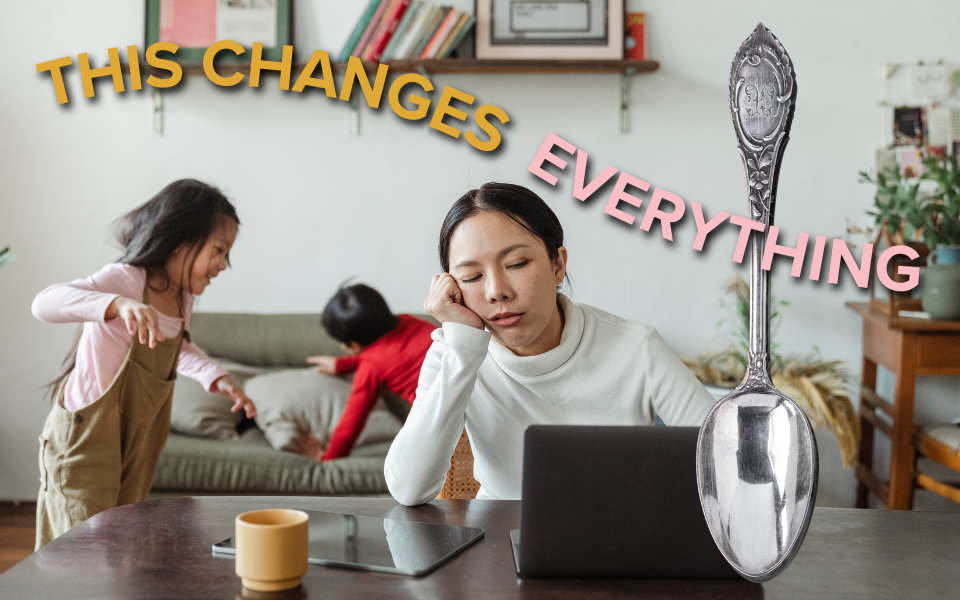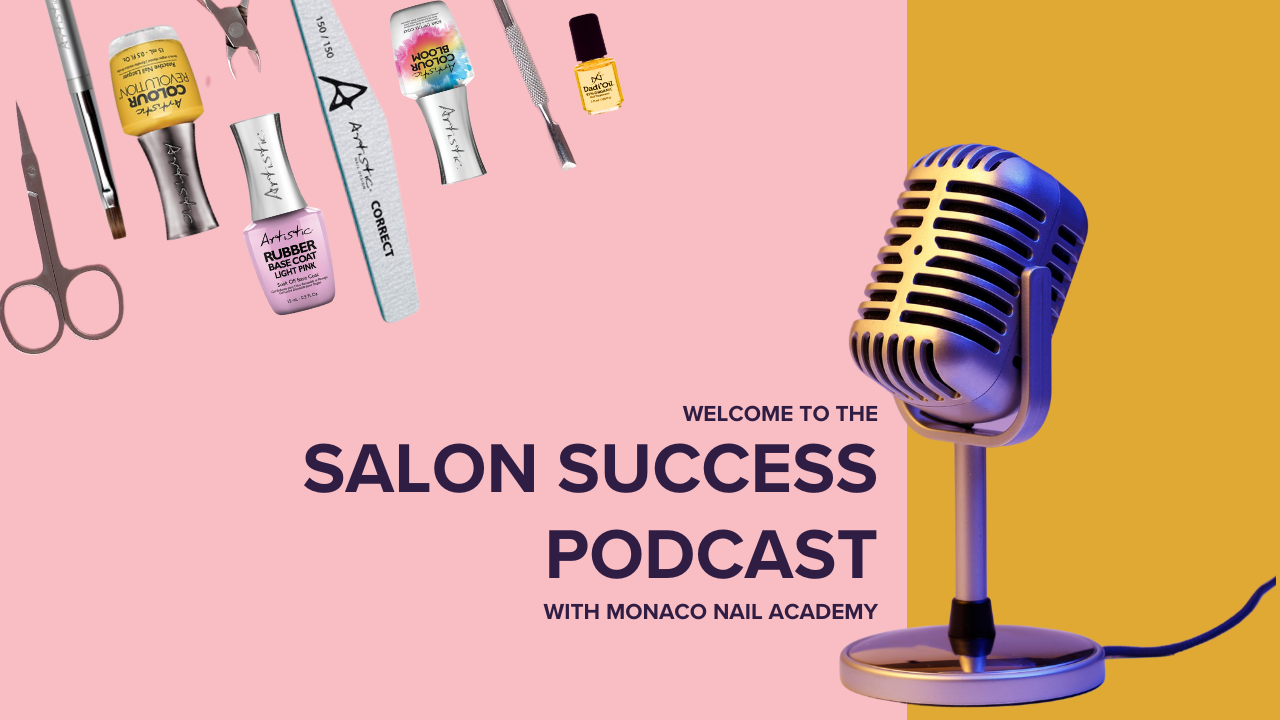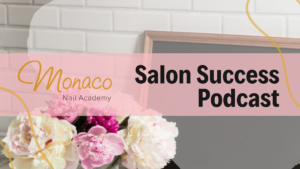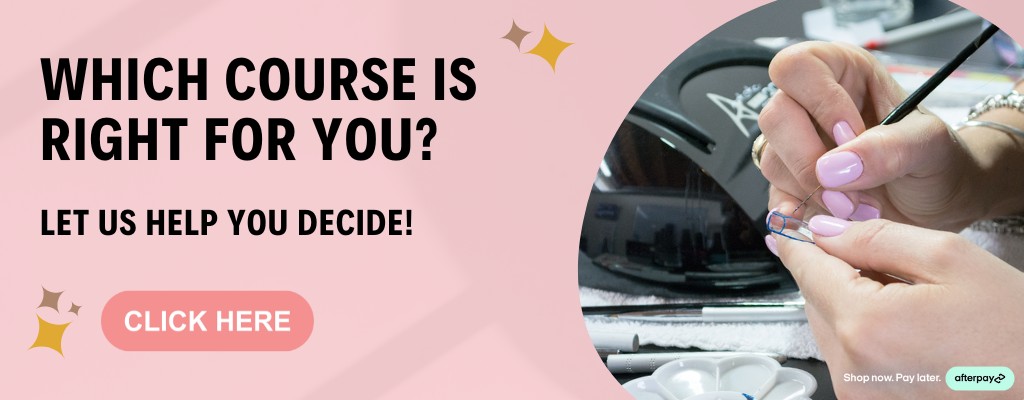 Happy Tuesday!
Happy Tuesday!
How are we all? Are we ALL exhausted?! And liiiike, not the kind of tired where a nap would help. I’d place solid money on betting that the majority of you reading this, on some level, are nodding your heads going ‘Yessss I am mentally EXHAUSTED’.
Let me introduce you to Spoon Theory.
Spoon Theory is a metaphor used in psychology. It originally applied to chronic pain but let me tell you, it applies to us all and it’s a total game changer for understanding and communicating your brain needs.
What is it?!
It goes like this – Spoons are a measurement of mental energy. Why can’t you just say ‘mental energy’? I DON’T KNOW. But I can tell you, I’ve tested both, and referring to Spoons is JUST BETTER, OK?!
So. Everyone wakes up with say, 100 Spoons. Someone fit and healthy (both mentally and physically), might get up, have a shower, brush their teeth and consider ‘getting ready’ to have used one spoon. For someone with depression or chronic pain, getting out of bed might use twenty spoons, brushing their teeth another 30 spoons, and now they need a rest.
So how does this apply to us?!
If you are introverted, people cost more spoons for you than for extroverts. If you have sensory issues, loud music/strong smells/itchy clothes immediately increase the spoon count of EVERY activity happening while you’re exposed to the sensory overwhelm.
Why are we so freaking tired all the time?!
Guys, WE HAVE NO SPOONS LEFT.
This weekend, I had three friends come to stay. People I have known a long time and who I am close to, and who I love to pieces. I had a great weekend. But all that people-ing meant at the end of the weekend, I was DONE. Spoonless.
People don’t understand that I am introverted because they’ve seen me peppy on YouTube or walk into a room of 40 people and teach a class. But just because I know HOW to do those things, and just because I have skills in those areas, doesn’t mean they’re easy.
For some people, those activities would recharge their Spoon Count. People who love attention (not necessarily a bad thing) and performing. For me, it’s a fun activity that completely expends my spoon count.
It can be fun AND exhausting. Those things aren’t mutually exclusive.
So here’s the thing. If you’re a parent or business owner or run a household or have multiple jobs or ALL of those things at once, where are you GETTING spoons from?
For me, being alone, having a tidy environment and working on activities that have a clear start, end and accomplishment (weeding a garden bed, reading a book, sewing an easy kids hoodie, watching a movie) GIVE me spoons.
People, sensory overwhelm (mess, too many combined smells/sounds) and working on activities with no clear end or regular accomplishment (TV series with too many seasons, doom scrolling, knitting projects with too many repeating rows) don’t do me ANY good.
Recognising my spoon-givers and spoon-takers and honouring those is magical.
Teaching my friends and family Spoon Theory so I can say ‘I don’t have enough spoons for that right now’ is magical.
SO. Click here and tell me – what is one spoon-taker and one spoon-giver that you can easily identify?!
No really, I want to know – please ACTUALLY hit the button and tell me 💛
This is what else we loved last week –
- Dark red nails for the last of winter
- Increasing our profits (because duh)
- Doggos
- Shark coloured nails? What would YOU call this colour?!
- The advice we would have given our newbie-tech selves
Click here to send us YOUR thoughts, feedback or highlights, we would love to share
PS Join Summit 2025 for only $16/week – everyone is welcome!
Click here to get a FREE Video Lesson from our course ‘The Art of Pigments‘ and be the first to get the latest news from Monaco!




